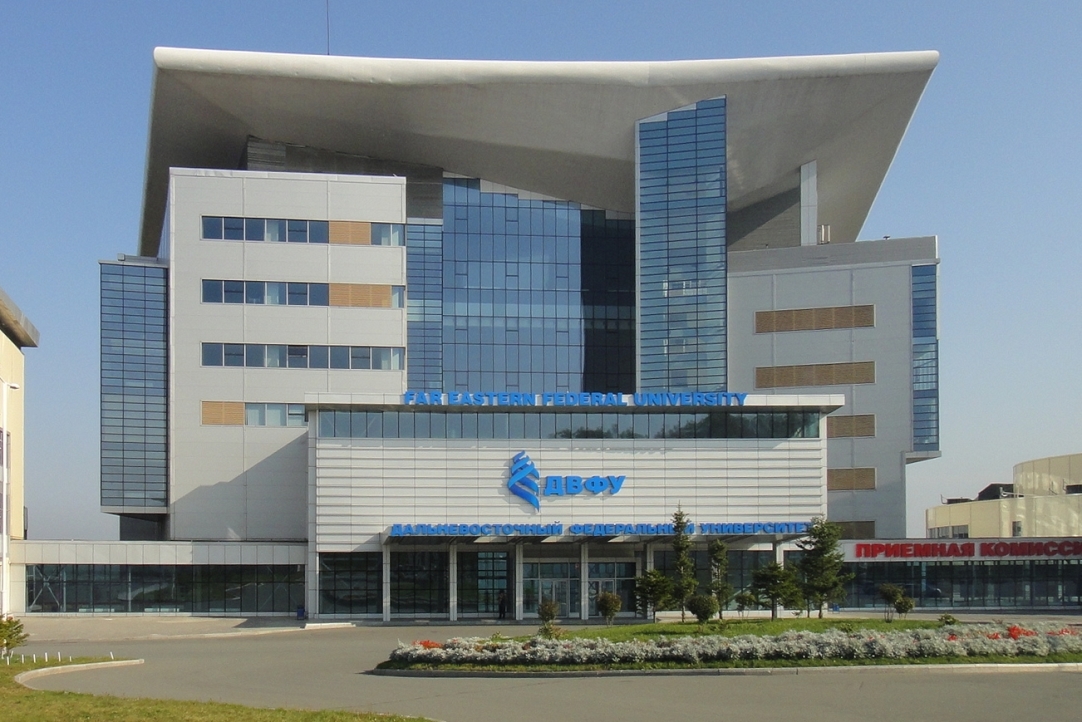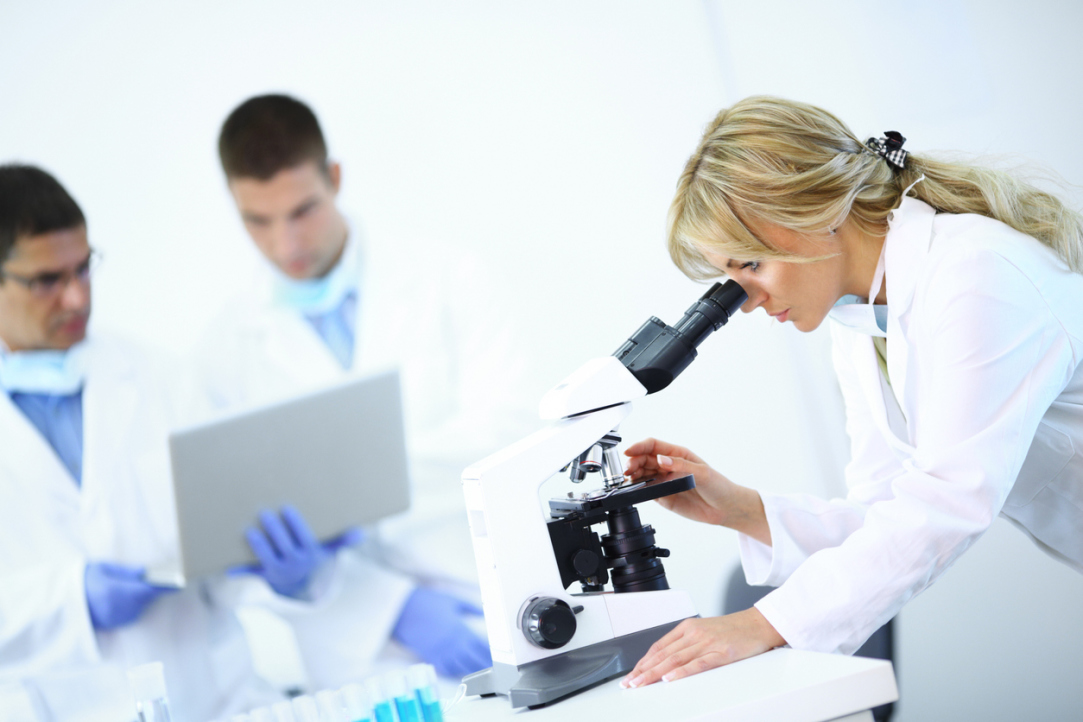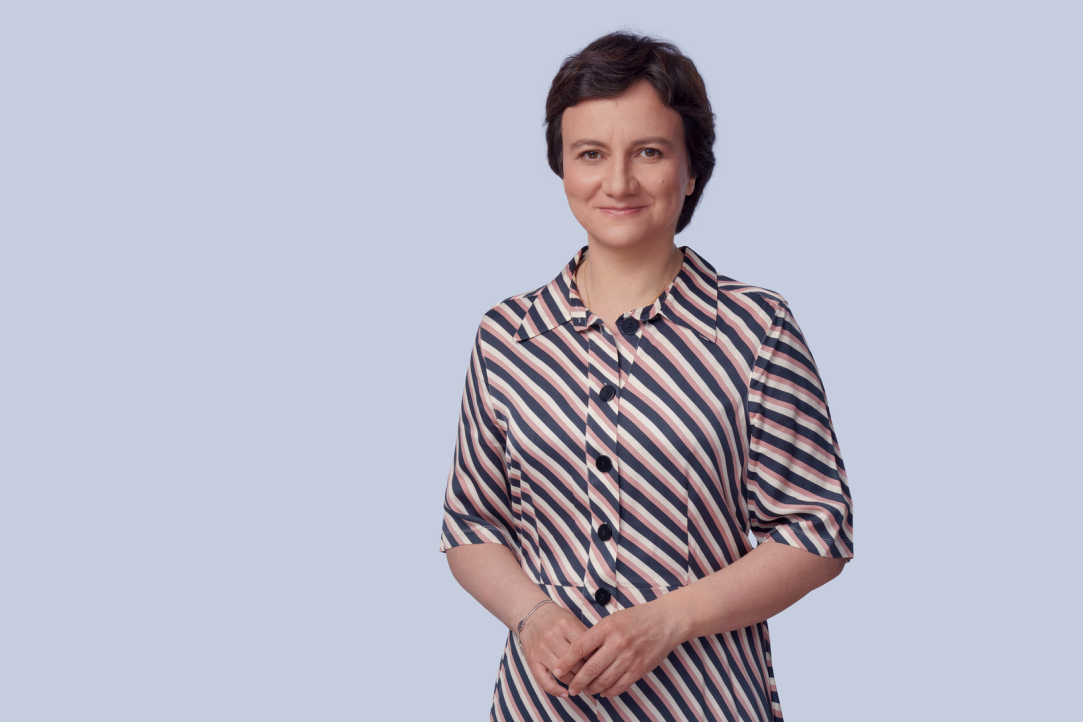
Scholars from Moscow and Vladivostok Join Efforts to Study Institutes and Preferences in Economic Behaviour
Applications from HSE departments for the ‘Mirror Laboratories’ open project competition are open until May 20. One of the ‘mirror laboratories’ successfully operating today was created as a result of a similar competition in 2020 by economists from HSE University and Far Eastern Federal University (FEFU) to study institutes and preferences in economic behaviour. Alexis Belianin, Head of the HSE International Laboratory for Experimental and Behavioural Economics, talked about how peers from Moscow and Vladivostok collaborate.

Card Index: City as a Palimpsest
Any cultural landscape is a narrative or a story. A big, modern city with its multiple contesting meanings and social practices, an ongoing dialogue of different eras, and physical spaces coexisting with imaginary ones can be compared to a complex, multi-layered text. A recent paper by Ivan Mitin, Associate Professor in the Faculty of Urban and Regional Development, portrays the big city as an enormous, continuously updated manuscript.

Researchers Explain How Massive Methane Emissions Affect Warming in the Arctic
Expeditions to the Eastern Arctic and Kara Seas investigated the thermal properties of bottom sediments. Numerous zones of bubbling methane flux were discovered in the shelf of the Laptev Sea and the East Siberian Sea, which researchers believe is affecting climate warming in the Arctic. The study has been published inMarine and Petroleum Geology.

Russian Researchers Assess the Power of T-Cell Immune Response to Omicron BA.1 and BA.2
Scholars from HSE University and the RAS Institute of Bioorganic Chemistry have demonstrated the efficiency of T-cell immune response against the Omicron variant of SARS-CoV-2. In approximately 90% of vaccinated Europeans, T-cell immunity was as effective against Omicron as with other variants. The results of the study were published in PeerJ.

Mirror Laboratories: Uniting Researchers from Different Universities
HSE Vice Rector Maria Yudkevich speaks about the launch of Mirror Laboratories, the third open project competition held by HSE University. Teams from Russian universities, research organisations, and government research centres looking to collaborate with HSE research departments are invited to participate in the competition. Applications will be accepted until May 20.

NEET Youth: What Happens When People Lack Diligence, Emotional Stability and Perseverance
Demand for higher education increases with the development of technologies that replace routine labour, and there is already increased demand for specialists in the IT industry today. At the same time, some university graduates neither study nor work, while about one third of this ‘free’ youth cohort lives in poverty (as do their parents). This topic was discussed at the XXIII Yasin International Academic Conference session on human capital and salaries.

Russian Researchers Assessed the Likelihood of Sleep Disorders after COVID-19
A team of researchers from the HSE Centre for Cognition and Decision Making and the Central State Medical Academy conducted a study on sleep disorders, mood and fatigue after COVID-19. These factors are interrelated and the researchers recommend a comprehensive approach to treat the problem effectively. The work was published in the journal Neuroscience and Behavioral Psychology.
.jpg)
Machine Learning has Helped Forecast Global Hotspots of Unrest and Revolution
HSE scientists Andrey Korotayev and Ilya Medvedev used machine learning (ML) to build an index of instability in the world. The new method made it possible to use a large number of variables and distribute them in non-standard fashion.

Foreign Languages Slow Down Brain Ageing
Medical advances are causing a gradual increase in average life expectancy. However, this comes at a price, as the number of cases of dementia and other neurodegenerative diseases grows with age. Researchers from HSE University (Russia) and Northumbria University (UK) have found that bilingualism can slow down and mitigate the course of age-related changes in the human brain. The study was published in Frontiers in Psychology.

Economic Crises Affect People’s Attitudes to Inequality
Inequality based on income, geography, gender, age, class and religion widens social gaps both within and between countries. During the XXIII Yasin (April) International Conference, experts discussed which dimensions of inequality have become especially important in the wake of the pandemic and the evolving economic crisis, and also examined how much more women work than men.

